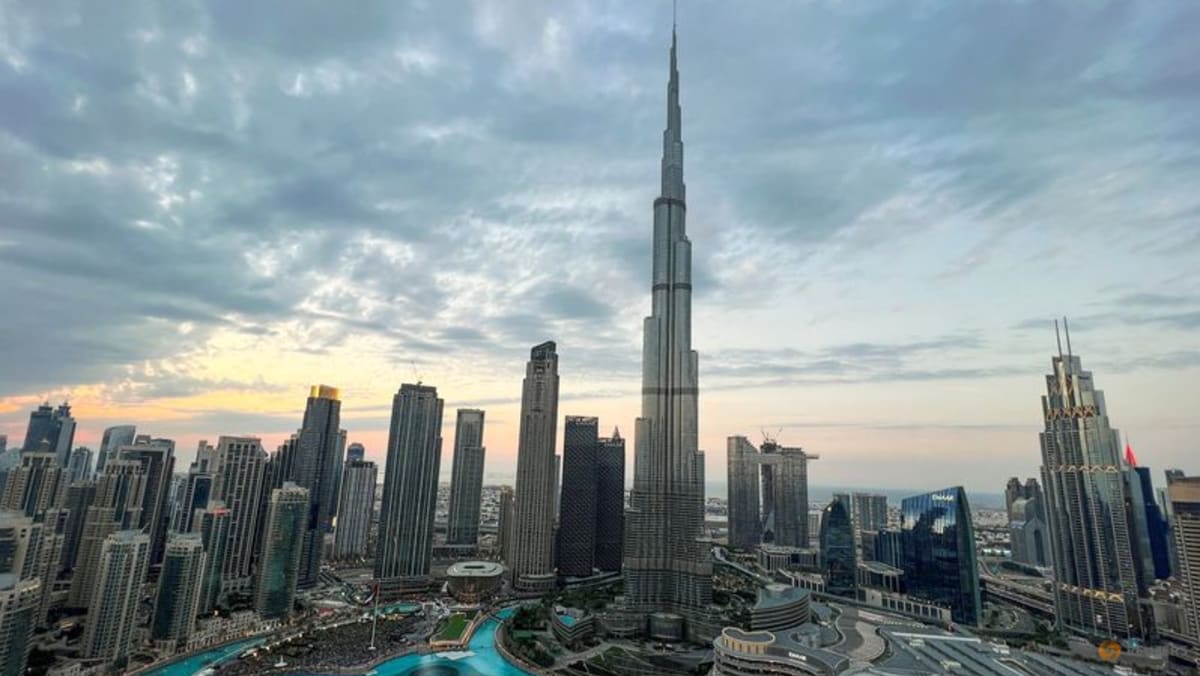PRIORITISING EXPERIENCES
Meanwhile, other Middle Eastern cities such as Riyadh and Doha are also getting their fair share of Chinese tourists.
Mr Schubert Lou, chief operating officer at travel service firm Trip.com, said there is a shift in consumer activities from “pure shopping” to prioritising experiences.
“This cultural and artistic appeal is actually happening,” he added. “We’re seeing that that’s the desire of the people going (there).”
Some observers believe China’s growing business ties with the Middle East has contributed to the tourism boom, with visa-free access and increased flight routes.
“It’s part of China’s foreign policy, in a way that they are representative of what the Chinese want to be seen as,” said Mr Shukor Yusof, founder of aviation advisory firm Endau Analytics.
“They want to travel, they want to showcase their people, and to show that China is still relevant, very much so, despite what happened during COVID-19.”
As Chinese travel to the Middle East continues to grow, experts told CNA that countries in the region still need to upgrade their services to better receive the influx of Chinese tourists.
Trip.com’s Mr Lou said these include having language support, developing guided tours, and tailoring “their experience so that they can manage to do things in the local fashion”.
For Ms Liang, she is looking forward to visiting more Arab countries, especially after seeing her friends post their trips online.
“We still really want to experience different cultures and customs, like those in the Middle East,” she added.
“For example, Egypt might have even greater differences compared to places within China, so we hope to go there and experience it firsthand.”
